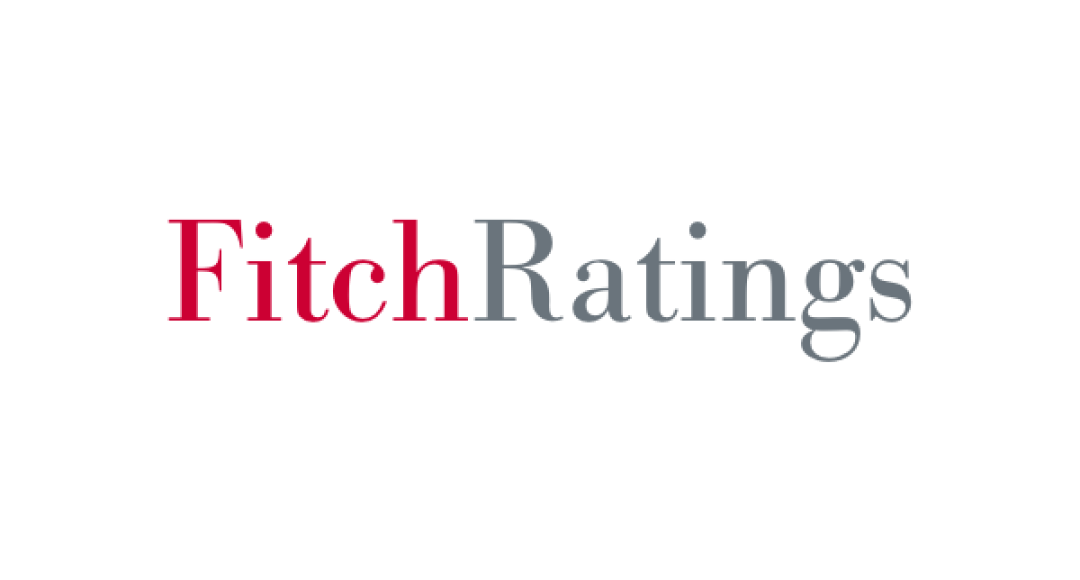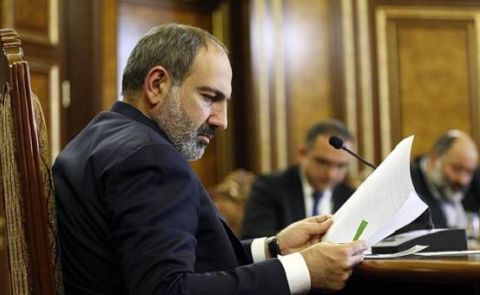
Fitch Ratings: "Azerbaijani Banks Maintain Strong Liquidity Amid Trade-Related Uncertainty"

On April 24, Fitch Ratings reported that emerging market (EM) banks in the Europe, Middle East, and Africa (EMEA) region would face varied but generally limited consequences from US tariffs and trade-related policy uncertainty, with impacts largely dependent on local economic conditions and broader market volatility.
Direct exposure to the US through exports remains minimal for EMEA EM banks. The agency noted that oil-exporting economies could face challenges from lower oil prices, an indirect effect of tariffs due to their negative impact on global growth. Conversely, oil-importing economies, which typically have limited exports to the US, might benefit to some extent from reduced oil prices, partially offsetting economic risks.
Fitch Ratings emphasized that slower GDP growth resulting from these developments could adversely affect local banking sectors by reducing lending growth and potentially weakening asset quality. Additionally, refinancing risks and borrowing costs may increase if investor sentiment toward emerging markets declines in a 'risk-off' environment.
Focusing on the CIS+ region, the agency stated that the direct impact of tariffs would remain minimal due to limited exports to the US. Armenia and Georgia, identified as oil importers, would experience indirect effects through oil price fluctuations, while banks in oil-exporting countries like Azerbaijan and Kazakhstan typically have low direct exposure to the oil and gas sector and maintain strong liquidity buffers.
Fitch Ratings highlighted refinancing challenges in countries with significant external liabilities, particularly Uzbekistan, where state-owned banks could face higher refinancing costs. However, these risks are mitigated by substantial state support and the predominantly long-term, concessional nature of most external borrowing, primarily from international financial institutions.
The agency further observed that the US dollar had weakened following major tariff increases but warned that a reversal of this trend could trigger local currency depreciation, potentially undermining asset quality in economies with high dollarization. Nevertheless, Fitch concluded that most banks in the region could absorb moderate losses, with authorities retaining the ability of domestic currencies if necessary.
See Also


Pashinyan Commemorates First Republic Day, Highlights Progress in Sovereignty and Peace Efforts

Israeli Ambassador to Armenia Acknowledges Challenges but Optimistic About Future Armenian-Israeli Cooperation

EU Plans Closer Cooperation with Azerbaijan, Georgia, Türkiye, and Other Black Sea States

Azerbaijan, Türkiye, and Pakistan Highlight Growing Strategic Cooperation at Lachin Summit

